Glynase
✅ Regulates blood sugar
✅ Controls diabetes symptoms
✅ Improves insulin sensitivity
✅ Manages glucose levels
✅ Enhances glycemic control
Glynase contains Glipizide.
Product Overview
Glynase is an oral antidiabetic medication containing Glipizide as its active component. As a member of the sulfonylurea class of drugs, it is specifically designed to help manage type 2 diabetes mellitus. The medication functions by stimulating pancreatic beta cells to increase insulin production, thereby assisting in blood glucose regulation. Glynase is formulated as tablets and is generally prescribed alongside lifestyle modifications including dietary changes and physical activity as part of a holistic diabetes management approach.
Therapeutic Applications
Glynase is indicated for glycemic control in patients diagnosed with type 2 diabetes mellitus. The medication enhances both insulin secretion and peripheral utilization, resulting in improved glucose homeostasis. Effective blood sugar management with Glynase may help prevent or delay diabetes-related complications including nephropathy, neuropathy, and macrovascular diseases.
Administration Guidelines
The tablets should be swallowed whole with water during meals, typically once or twice daily as directed by a healthcare professional. Dosage is personalized according to individual patient factors including metabolic response, age, and concurrent medical conditions. Tablets should not be crushed, chewed, or divided. Strict adherence to the prescribed regimen is essential for optimal therapeutic outcomes.
Mechanism of Action
Glipizide, the pharmacologically active compound in Glynase, exerts its effect by binding to ATP-sensitive potassium channels on pancreatic beta cells. This interaction triggers calcium influx and subsequent insulin exocytosis. The released insulin facilitates cellular glucose uptake in peripheral tissues while suppressing hepatic glucose production, collectively contributing to reduced blood glucose concentrations in type 2 diabetes patients.
Dosage Protocol
Initial therapy typically begins with 5 mg administered with the morning meal. Subsequent dosage adjustments are made based on glycemic response and tolerance, with maintenance doses generally ranging between 5-15 mg daily. The maximum recommended daily dosage should not exceed 40 mg. Any modification to the prescribed regimen should only be made under medical supervision.
Therapeutic Advantages
Glynase provides multiple clinical benefits for type 2 diabetes management, including effective reduction of hyperglycemia and decreased risk of diabetes-associated complications. When incorporated into a comprehensive treatment strategy, it can improve metabolic control while potentially reducing dependence on exogenous insulin therapy, thereby enhancing patient quality of life.
Adverse Effects
Common adverse reactions may include gastrointestinal disturbances (nausea, diarrhea, abdominal discomfort), dizziness, and cephalgia. While these effects are typically mild and self-limiting, persistent or severe symptoms warrant medical consultation. Serious but rare complications include hypoglycemia and hypersensitivity reactions. Immediate medical attention is required for symptoms such as tachycardia, respiratory distress, or angioedema.
Precautions and Contraindications
Glynase is contraindicated in type 1 diabetes, diabetic ketoacidosis, and severe hepatic or renal impairment. Safety during pregnancy and lactation has not been established. Caution is advised when performing tasks requiring mental alertness due to potential dizziness. Patients should be advised about the increased hypoglycemia risk with concurrent alcohol consumption.
Storage Conditions
Maintain tablets at controlled room temperature (15-30°C) in a dry environment protected from light and moisture. Keep all medications securely stored away from children and pets. Properly dispose of expired or unused medication in accordance with local pharmaceutical waste disposal guidelines.
Medical Disclaimer
The information provided is intended for educational purposes only and has been reviewed for medical accuracy. This content should not be considered a substitute for professional medical advice, diagnosis, or treatment. The complete safety profile, including potential drug interactions and contraindications, may not be fully represented herein. Always consult with a qualified healthcare provider regarding any medical condition or treatment options. This information aims to complement, not replace, the crucial relationship between patients and their healthcare providers.
| Strength | 5 mg |
|---|---|
| Quantity | 30 Tablet/s, 60 Tablet/s, 90 Tablet/s, 180 Tablet/s |
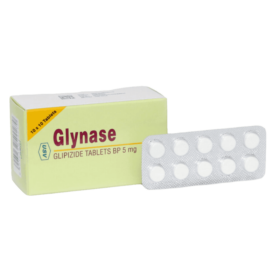 Glynase
Glynase









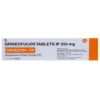
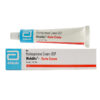
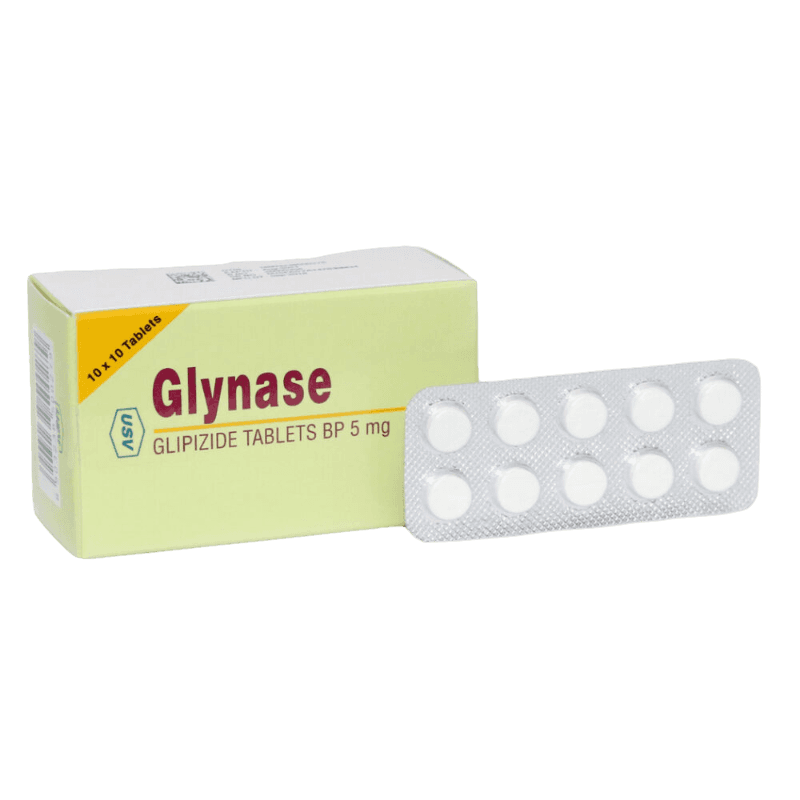
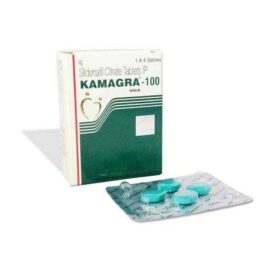
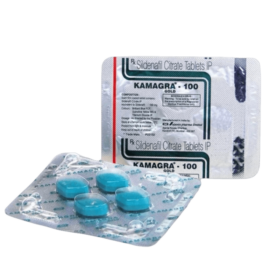
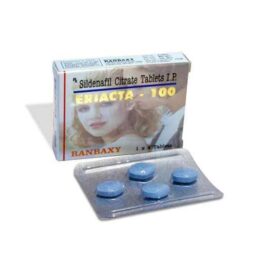

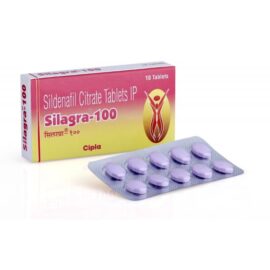
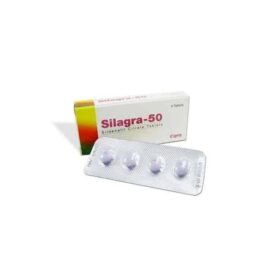
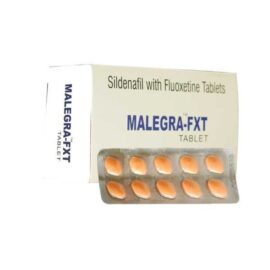
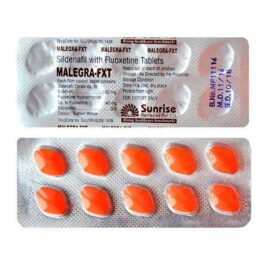
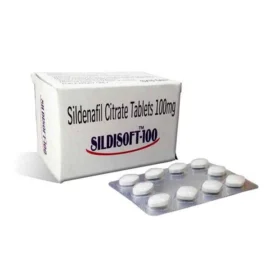
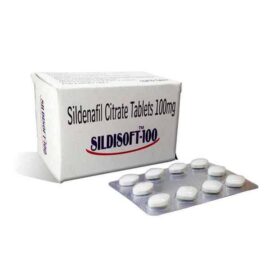
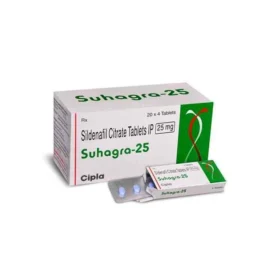
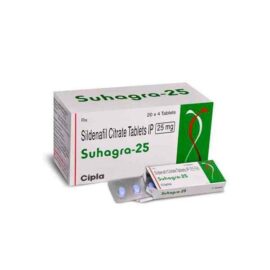
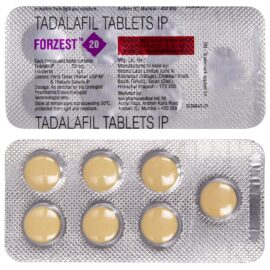
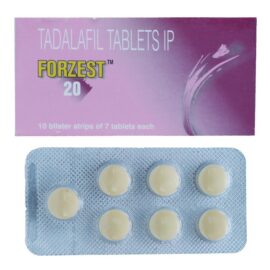




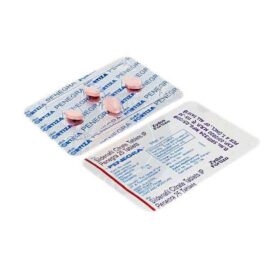
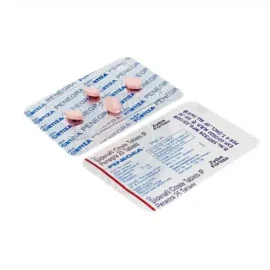
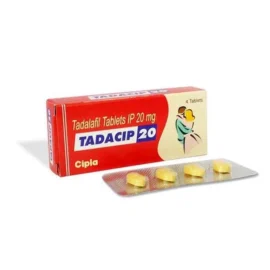
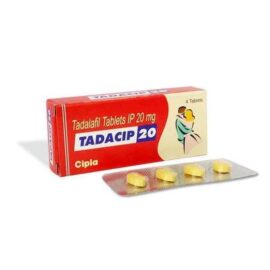
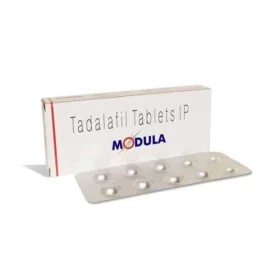
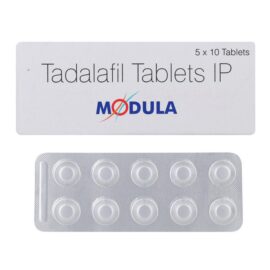
Reviews
There are no reviews yet